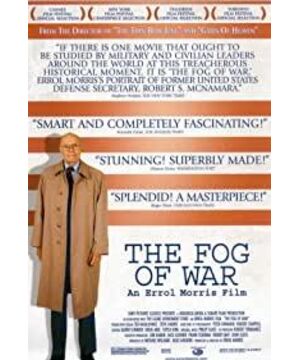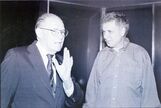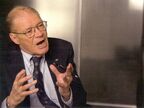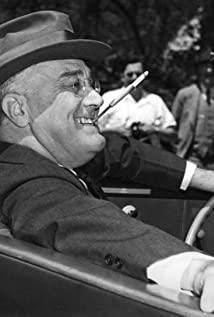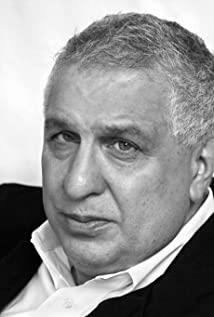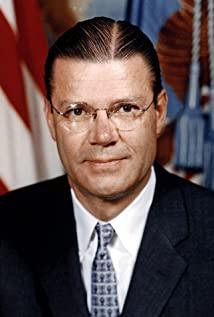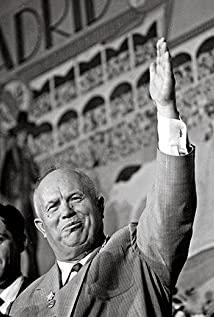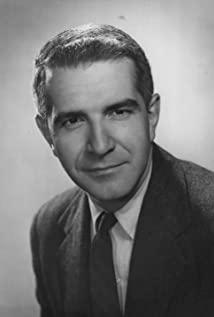The film tells the main life experience of a US Secretary of Defense, and his life experience has also brought a lot of influence to the history of the United States. Without discussing the right and wrong, there is no way to give it objectively.
His life has summed up 11 lessons for us. Although this does not involve a level like his, it has a lot of guiding significance for our life and business management.
Aside from the food the film gives us, what are the thinking dimensions, decision-making and people's interests of war, the enemy and the enemy, leaders and the masses? ? This film has no way of giving us the answer. It's just that people who have watched this film and understood part of the history will start to think about this. Of course it's just the beginning, not the end.
ps: Now Baidu and domestic video sites basically have nothing good, they are all banned. And many online media are also harmonious, just put some innocuous and foolish things. As the saying goes, when the material is extremely abundant, those who want to eat healthy will have to pay more. This one is still available on potatoes, you can read: http://www.tudou.com/programs/view/5tRI7hSuweY/
View more about The Fog of War reviews


